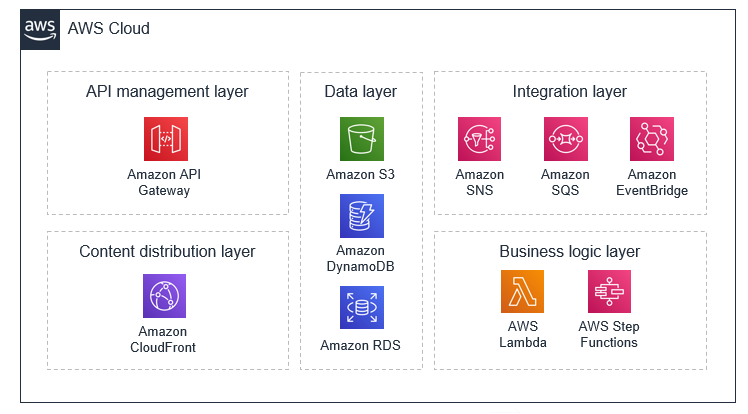AWS Compute Blog
Operating Lambda: Understanding event-driven architecture – Part 1
Event-driven architectures have grown in popularity in modern organizations. This approach promotes the use of microservices, which can be designed as Lambda-based applications. This post discusses the benefits of the event-driven approach, along with the trade-offs involved.
Discovering sensitive data in AWS CodeCommit with AWS Lambda
This post demonstrates how you can implement a solution to discover secrets in commits to AWS CodeCommit repositories. It also defines different strategies to remediate this.
ICYMI: Serverless Q4 2020
Welcome to the 12th edition of the AWS Serverless ICYMI (in case you missed it) quarterly recap. Every quarter, we share all of the most recent product launches, feature enhancements, blog posts, webinars, Twitch live streams, and other interesting things that you might have missed! In case you missed our last ICYMI, check out what […]
Optimizing AWS Lambda cost and performance using AWS Compute Optimizer
This post is authored by Brooke Chen, Senior Product Manager for AWS Compute Optimizer, Letian Feng, Principal Product Manager for AWS Compute Optimizer, and Chad Schmutzer, Principal Developer Advocate for Amazon EC2 Optimizing compute resources is a critical component of any application architecture. Over-provisioning compute can lead to unnecessary infrastructure costs, while under-provisioning compute can […]
Ingesting MongoDB Atlas data using Amazon EventBridge
This post demonstrates how to connect MongoDB Atlas data with the AWS Cloud using Amazon EventBridge. EventBridge helps you connect data from a range of SaaS applications using minimal code. It can help reduce operational overhead and build powerful event-driven architectures more easily. For more information about integrating data between SaaS applications, see Amazon EventBridge.
Automating mutual TLS setup for Amazon API Gateway
Mutual TLS (mTLS) for API Gateway is now generally available at no additional cost. This post shows how to automate mutual TLS for Amazon API Gateway HTTP APIs using the AWS Certificate Manager Private Certificate Authority as a private CA. Using infrastructure as code (IaC) enables you to develop, deploy, and scale cloud applications, often with greater speed, less risk, and reduced cost.
Using container image support for AWS Lambda with AWS SAM
At AWS re:Invent 2020, AWS Lambda released Container Image Support for Lambda functions. This new feature allows developers to package and deploy Lambda functions as container images of up to 10 GB in size. With this release, AWS SAM also added support to manage, build, and deploy Lambda functions using container images. In this blog post, I walk through […]
Optimizing batch processing with custom checkpoints in AWS Lambda
The default behavior for stream processing in Lambda functions enables entire batches of messages to succeed or fail. You can also use batch bisecting functionality to retry batches iteratively if a single message fails. Now with custom checkpoints, you have more control over handling failed messages.
Using AWS Lambda for streaming analytics
With tumbling windows, you can calculate aggregate values in near-real time for Kinesis data streams and DynamoDB streams. Unlike existing stream-based invocations, state can be passed forward by Lambda invocations. This makes it easier to calculate sums, averages, and counts on values across multiple batches of data.
Using self-hosted Apache Kafka as an event source for AWS Lambda
Lambda now supports self-hosted Kafka as an event source so you can invoke Lambda functions from messages in Kafka topics to integrate into other downstream serverless workflows. This post shows how to configure a self-hosted Kafka cluster on EC2 and set up the network configuration. I also cover how to set up the event source mapping in Lambda and test a function to decode the messages sent from Kafka.









